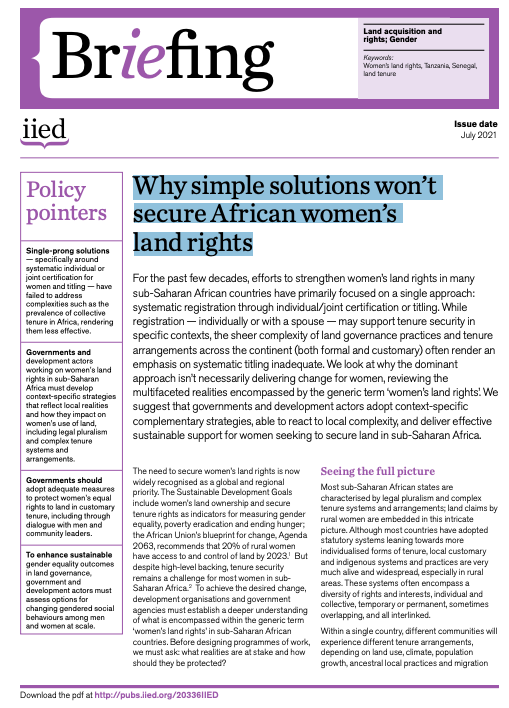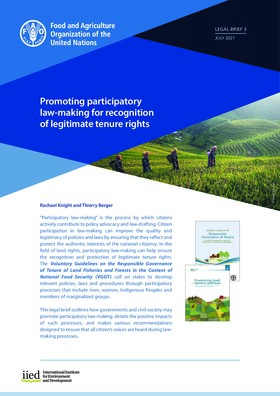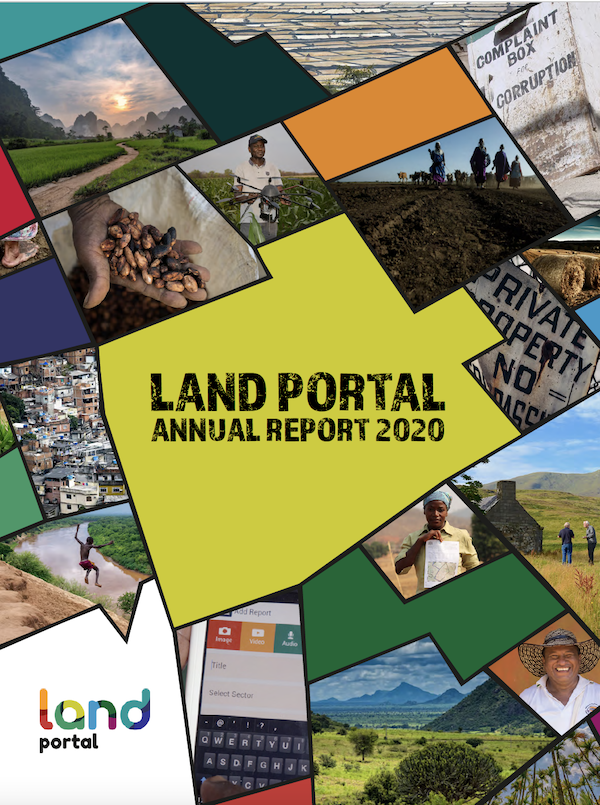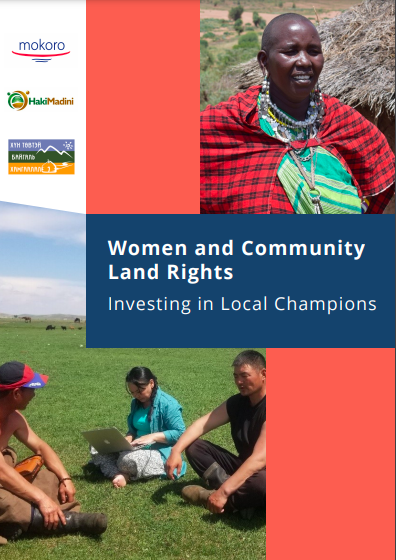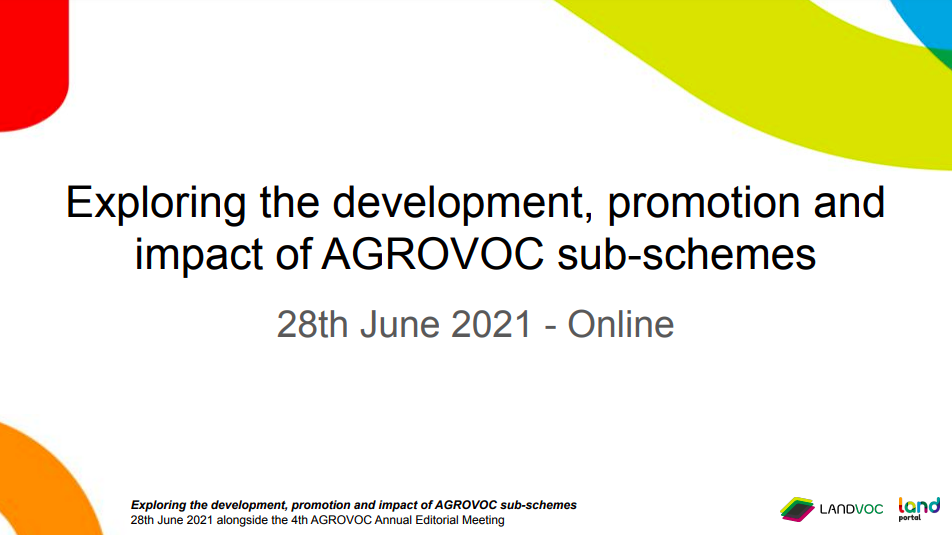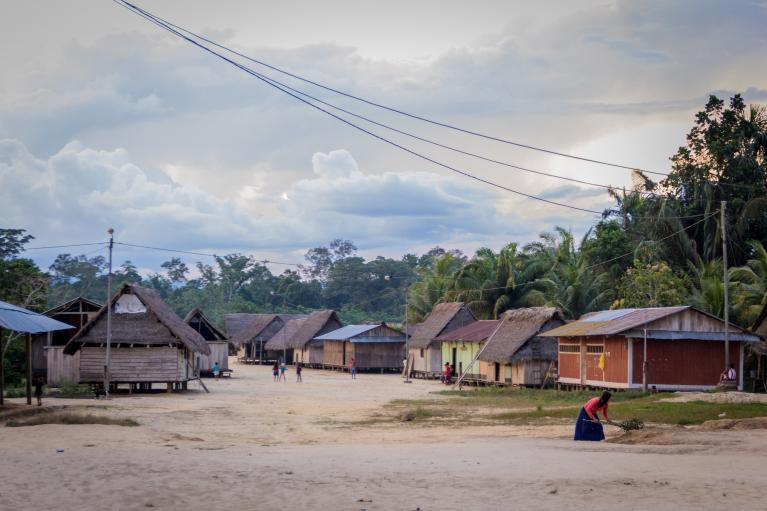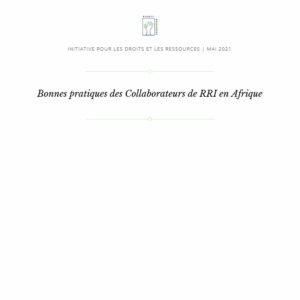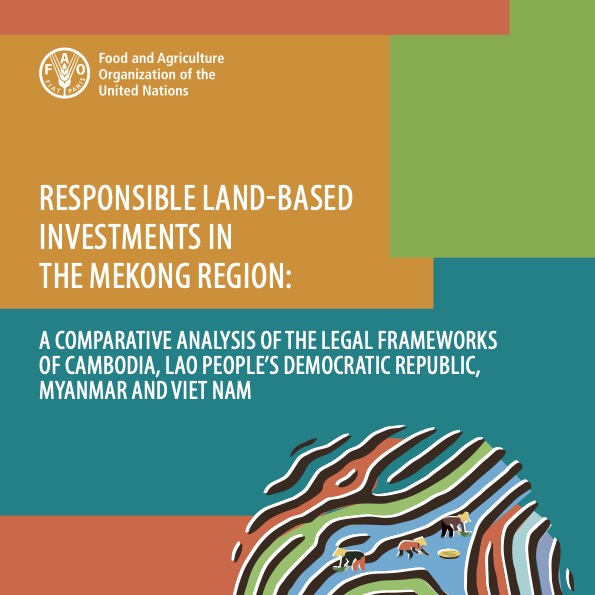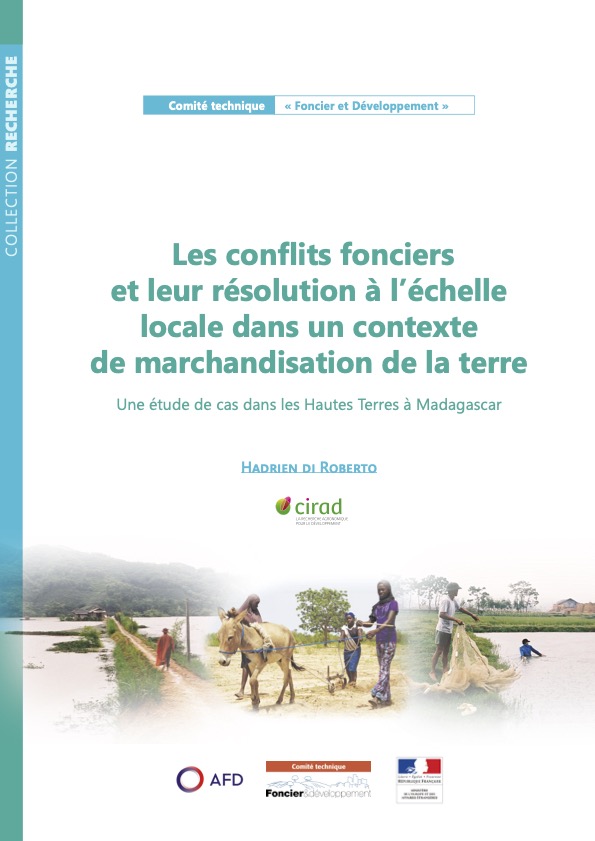Why simple solutions won’t secure African women’s land rights
For the past few decades, efforts to strengthen women’s land rights in many sub-Saharan African countries have primarily focused on a single approach: systematic registration through individual/joint certification or titling. While registration — individually or with a spouse — may support tenure security in specific contexts, the sheer complexity of land governance practices and tenure arrangements across the continent (both formal and customary) often render an emphasis on systematic titling inadequate.

